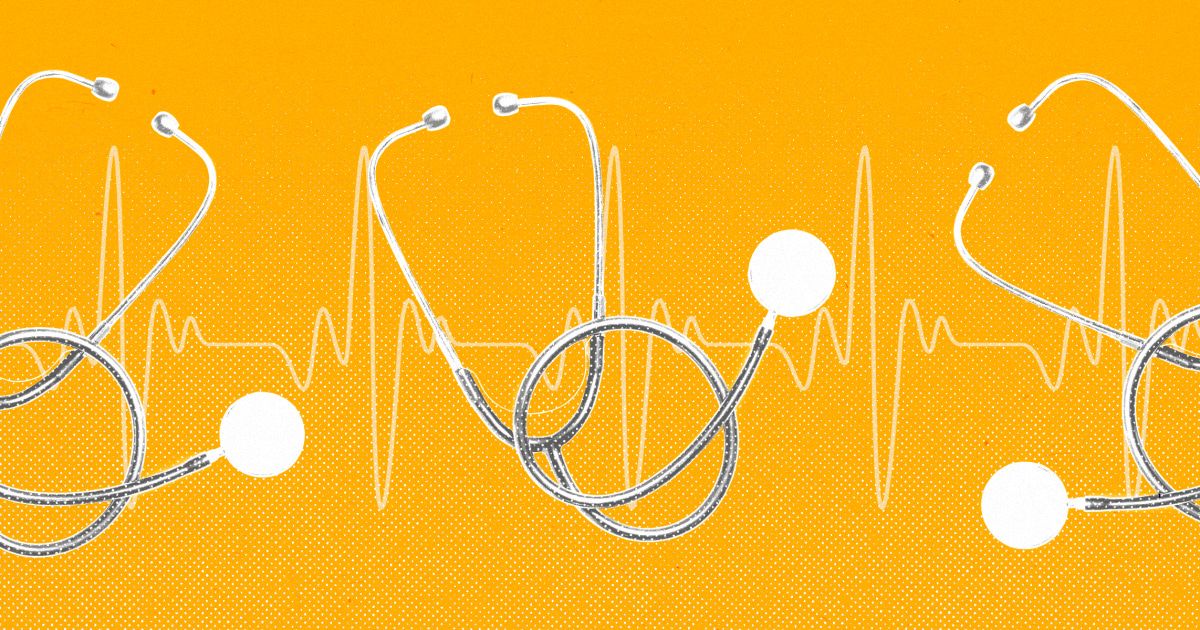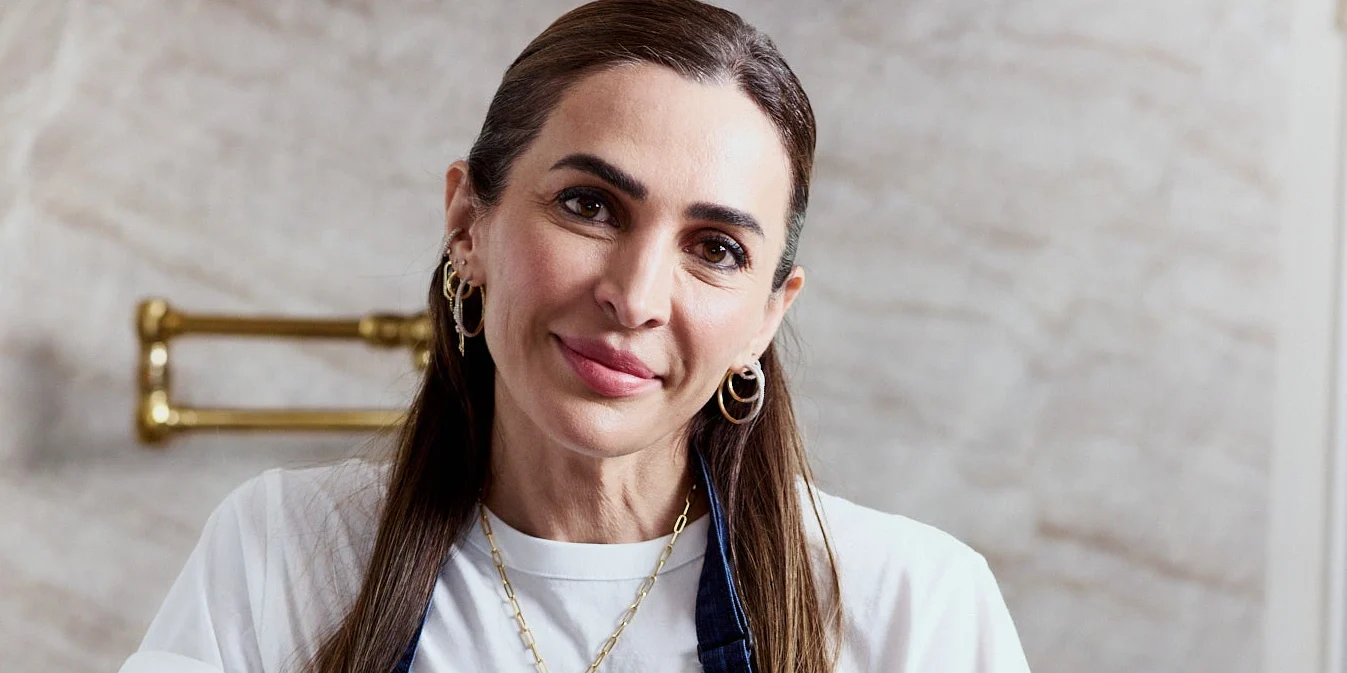It’s tempting to eat all day long — starting with breakfast in the morning and ending with a snack late at night.But that eating pattern has come under scrutiny for its negative impact on weight loss and health.
Nutritionist experts say eating too often is one of the common diet traps that keeps people from losing weight, noting that snacking is not always necessary. Meanwhile, intermittent fasting, with its emphasis on eating during a fixed time window, comes with potential benefits for the heart and blood sugar levels.
In the healthiest eating plans, the last time you eat should be dinner, which is ideally on the earlier side, experts say. The Start TODAY app features hundreds of healthy and filling dinner recipes, along with a weekly heart-healthy meal plan.
Cardiologist Tip of the Day: Avoid Late Night Snacks
“My No. 1 recommendation to every patient who walks in my office is not to eat after dinner,” Dr. William Kraus, a preventive cardiologist at Duke Health and professor at Duke University School of Medicine in Durham, North Carolina, previously told TODAY.com.
He avoids snacking to maintain a healthy weight and sticks to a regular schedule of meals.
But many people reach for snacks and sugary drinks while watching TV at night and sitting for long periods of time, another unhealthy routine.
Why It Matters
Food eaten late in the day or just before bedtime is just going to get stored rather than burned for energy, Kraus warned.
“Your body doesn’t need it … so it’s unnecessary calories going in your body. It also interrupts sleep if you eat too close to going to bed,” he said.
Night eating is associated with a higher risk of obesity, high cholesterol and heart disease, and progression of arterial stiffness, researchers note, perhaps because it requires digestion during sleep — a time when the body is used to an overnight fast.
Intermittent fasting may protect the heart by controlling inflammation, according to the American Heart Association.
How to Get Started
Stop eating at least three hours before bedtime, advised NBC News medical contributor Dr. Natalie Azar on TODAY in a segment that aired on July 14.
That allows the body to fast overnight and make a metabolic switch where it’s potentially burning fat after exhausting all of its sugar sources when the stomach is empty.
A popular option is 16:8 intermittent fasting, when you fast for 16 hours and eat all meals during an eight-hour window that lets you finish your meals fairly early, such as 10 a.m. to 6 p.m. or earlier.
To prevent post-meal hunger, eat a filling dinner with plenty of protein and fiber. The Start TODAY app offers many quick and well-balanced dinner recipes, like Sheet-Pan Chicken Fajita Bowls, Vegan Black Bean Burgers or Crispy Salmon Rice Bowls.
TODAY’s Expert Tip of the Day series is all about simple strategies to make life a little easier. Every Monday through Friday, different qualified experts share their best advice on diet, fitness, heart health, mental wellness and more.


